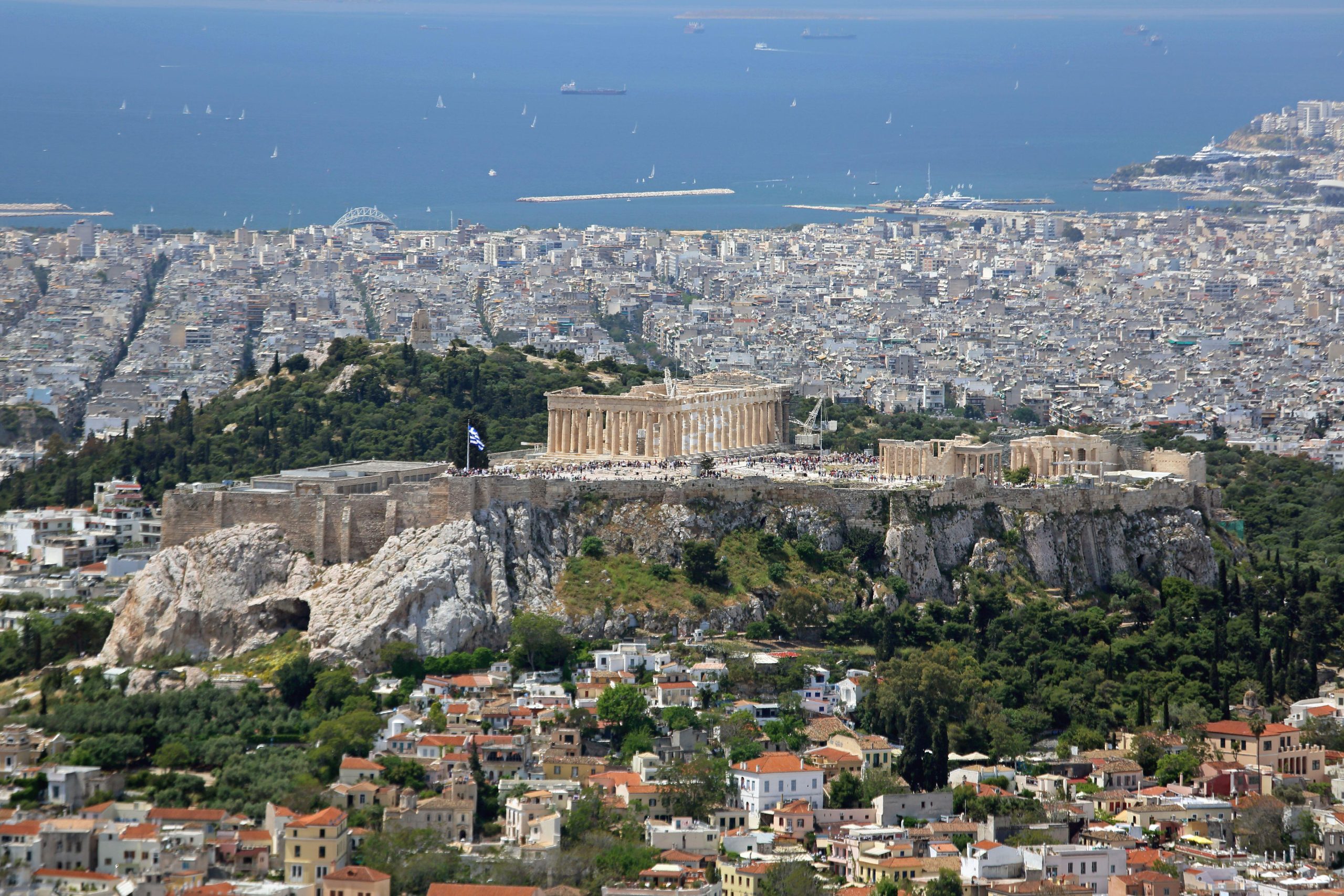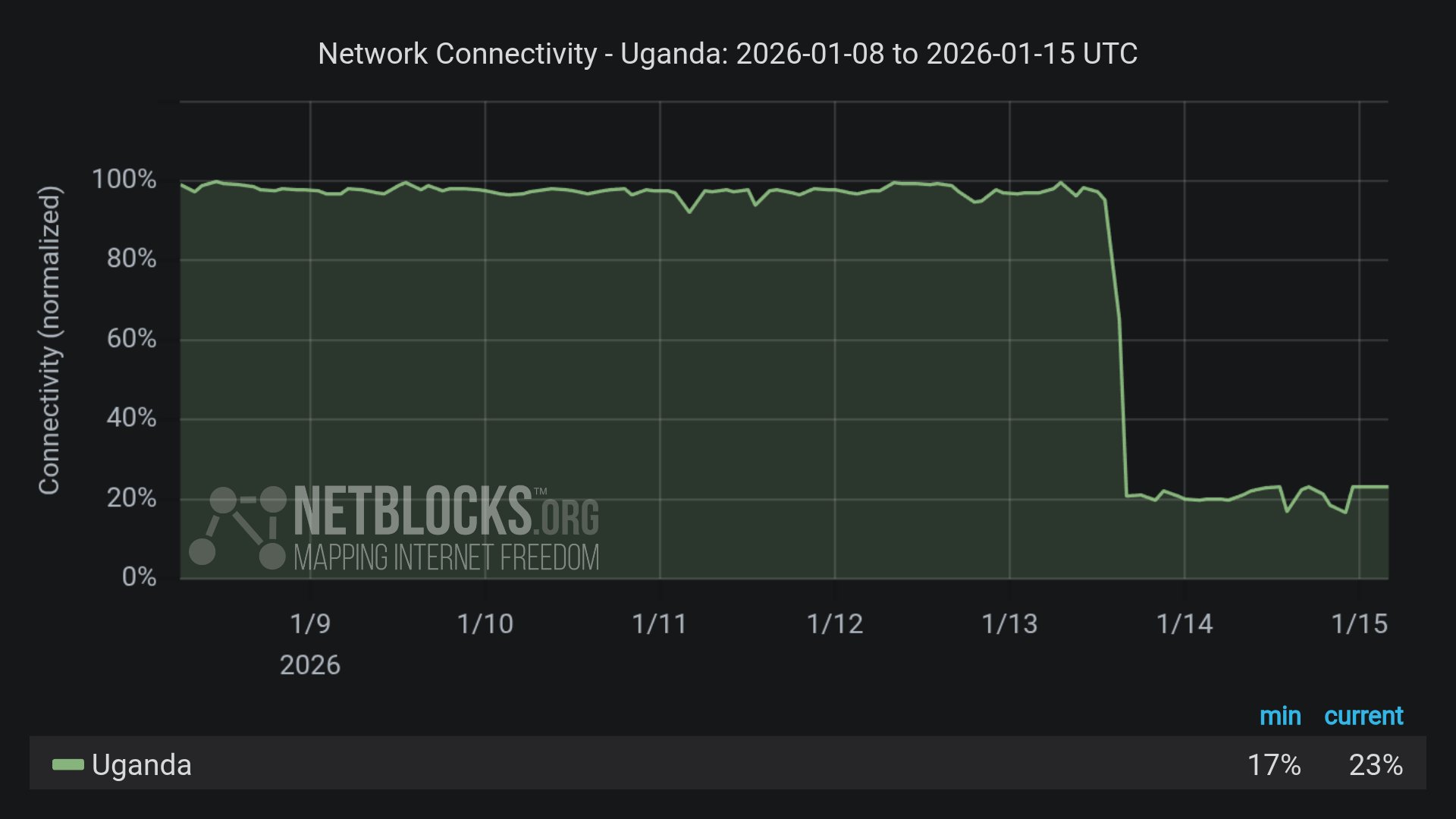This article first appeared in Volume 54, Issue 1 of our print edition of Index on Censorship, titled The forgotten patients: Lost voices in the global healthcare system, published on 11 April 2025. Read more about the issue here.
In August 2022, one of the largest surveillance scandals in modern Greek history came to light. Often referred to as the Greek Watergate, it revealed that officials within the government and the National Intelligence Service (EYP), including associates of prime minister Kyriakos Mitsotakis, had been involved in deploying Predator – a spyware tool developed by former Israeli military personnel.
Intellexa, the founding company, had sold multiple licences to the EYP and, according to reports from The Guardian, Reuters and elsewhere, the EYP had subsequently sent messages intended to infect mobile phones and enable electronic surveillance of certain individuals.
Hundreds were targeted, including political opponents of the ruling New Democracy party, journalists, and even government ministers. Among those targeted, the most prominent politician identified was Nikos Androulakis, leader of the Panhellenic Socialist Movement (PASOK) and leader of the opposition.
The Greek government continues to deny ever having purchased or used Predator spyware. On 5 August 2022, during a live television address, Mitsotakis responded to revelations of wiretapping. His inability to provide credible explanations for how the EYP obtained the spyware, combined with his denial of any knowledge of the scandal, heightened suspicions among politicians and journalists. Notably, he had restructured the EYP on the first day of his premiership in 2019, placing it directly under the control of the prime minister’s office. Consequently, many questioned how he could have been unaware of such activities.
Nearly three years have passed since the scandal emerged, yet most questions remain unanswered. The prosecutor investigating the case closed the probe last July and refused to further grill individuals linked to the deployment of Predator.
The government allegedly interfered with aspects of the inquiry – including the deliberations of certain committees – and hindered the work of oversight bodies such as the communication security regulator, reported Politico.
Meanwhile, courts have declined to prioritise journalistic and investigative efforts that continue to uncover evidence related to the wiretapping activities.
Unsurprisingly, the government’s actions extended beyond covert surveillance. Many people allegedly investigated for their involvement – including Mitsotakis’s nephew Grigoris Dimitriadis, the former secretary-general in the prime minister’s office – fought back by aggressively pursuing lawsuits against journalists and media outlets investigating the scandal, including Efimerida ton Syntakton and Reporters United.
These weren’t just ordinary lawsuits but strategic lawsuits against public participation (Slapps) – deliberately-initiated legal actions aimed at intimidating and silencing critics.
The party filing a Slapp – in this case Dimitriadis – typically does not intend to win the case. The objective is to overwhelm the defendant with legal expenses, fear and exhaustion, ultimately compelling them to cease their reporting or opposition.
Nevertheless, while investigating how the surveillance activities were carried out, Greek journalists managed to uncover something far more significant than they had anticipated – a system that undermines the democratic standards typically upheld by EU member states.
In this regard, Mitsotakis closely resembles Hungary’s prime minister Viktor Orbán, who has systematically controlled media organisations by placing them under direct supervision, suppressing criticism and dissent.
Since 2019, corruption has flourished under Mitsotakis’s administration and the government appears to have engaged in favouritism and a deliberate dismantling of fundamental human rights – undermining the very foundations of democracy in Greece.
He also allocated funding to the press – both during the Covid-19 pandemic and amid the Ukraine-Russia conflict – in ways that were widely condemned as attempts to financially control specific media outlets.
The funding excluded certain newspapers that were critical of the government, raising concerns about selective support for government-friendly sources, but did include far-right publications affiliated with Kyriakos Velopoulos (an MP known for spreading disinformation) and even non-existent news outlets.
The government has been accused of deploying an extensive network of online trolls on X and TikTok for damage control, including a dedicated war room called Omada Alithias which serves as its mouthpiece. These operations systematically target and suppress dissenting voices, critical media outlets and investigative journalists – particularly those who have exposed the wiretapping scandal – through co-ordinated attacks and gaslighting tactics. These have included downplaying the scandal and dismissing investigative work as fake news.
The impact on press freedom has been dire, with Reporters Without Borders (RSF) confirming some of the worst fears expressed by journalists. In the RSF index, Greece plummeted to 107th position in 2023 before improving somewhat in 2024, rising to 88th. Despite RSF’s concerns, Mitsotakis has dismissed the organisation’s findings and labelled any criticism of Greece’s press freedom as “crap”.
Research demonstrates that democratic backsliding invariably begins with media manipulation and the imposition of excessive control – tactics that Mitsotakis has prioritised since the start of his tenure.
The situation in Greece reveals a complex phenomenon, described by Dutch political scientist Matthijs Rooduijn as a “snowball effect”. Centrist parties previously perceived as moderate, such as New Democracy, are increasingly cloaking themselves under a liberal façade with the explicit intent of undermining democratic norms.
Instances such as those seen in Greece illustrate that Europe is confronted not only with an existential threat to its democratic institutions but also with the danger of normalising illiberal policies. This troubling trend is underscored by the EU’s increasingly permissive approach to surveillance, where the potential consequences are acknowledged yet policy measures remain inadequately implemented.
Additionally, the sustained erosion of press freedoms further exacerbates the vulnerability of democracy. These developments indicate a systemic weakening of safeguards, and the issue is further illustrated by the close and often opaque connections among elected officials which undermine transparency. Without decisive and comprehensive interventions, Europe risks undermining the very foundations that ensure its democratic resilience and integrity.
Greece serves as a prime case study of this troubling trajectory. The country endured a military dictatorship from 1967 to 1974, before democracy was re-established. It has also experienced a serious socio-economic crisis from 2010 to 2019, the subsequent neoliberal restructuring of its economy and a recent resurgence of neo-Nazism. Some of these phases of extreme instability are common in post-authoritarian countries that struggle to uphold the rule of law and democratic principles.
The legacy of the wiretapping scandal cannot be underestimated or overlooked. New Democracy and its successors may attempt to preserve these tools of suppression, potentially leading to further democratic backsliding. Without determined efforts to eliminate such practices, freedom of the press will continue to deteriorate, lacking the legal safeguards needed to prevent unconstitutional measures that can cause long-term damage.






